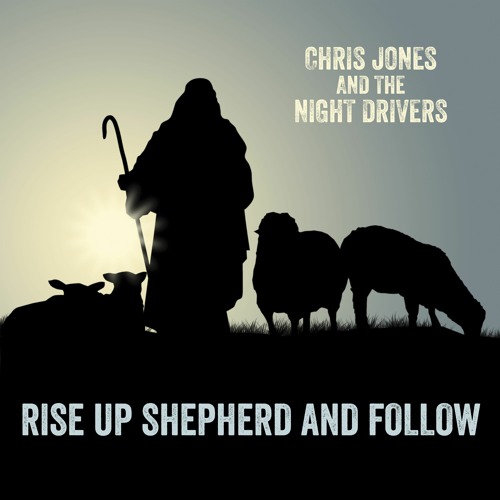
But by far the larger part engaged in such sports and merriments as playing ball, wrestling, running foot-races, fiddling, dancing, drinking whisky and this latter mode of spending time was by far the most agreeable to the feelings of our masters (Douglass, 1845, p. The staid, sober, thinking and industrious ones of our number would employ themselves in making corn-brooms, mats, horse-collars and baskets and another class of us would spend the time in hunting opossums, hares, and coons. Those of us who had families at a distance were generally allowed to spend the whole six days in their society. This time we regarded as our own, by the grace of our masters and we therefore used or abused it nearly as we pleased.

The days between Christmas and New Year’s day are allowed as holidays and, accordingly, we were not required to perform any labor, more than to feed and take care of the stock. Abolitionist Frederick Douglass (1818–1895) described the life of enslaved workers between Christmas and New Year’s Day: Some observed the tradition, while others barely noticed it. The celebration of Christmas for enslaved Africans varied from plantation to plantation. Noted African American author James Weldon Johnson (1871–1938) mentions the relative paucity of spirituals devoted to Christmas and suggests this was because enslaved Africans seeking liberation preferred to think of Jesus as a powerful king (“Ride on, King Jesus”) rather than a vulnerable infant (Johnson and Johnson, 1926, p. Follow, follow, rise up, shepherd, and follow, Follow the star of Bethlehem. There’s a star in the East on Christmas morn Rise up, shepherd and follow It will lead to the place where the Christ was born Rise up, shepherd, and follow. “Rise Up, Shepherd, and Follow” (“There’s a Star in the East”)Īfrican American spiritual The Faith We Sing, 2096


 0 kommentar(er)
0 kommentar(er)
